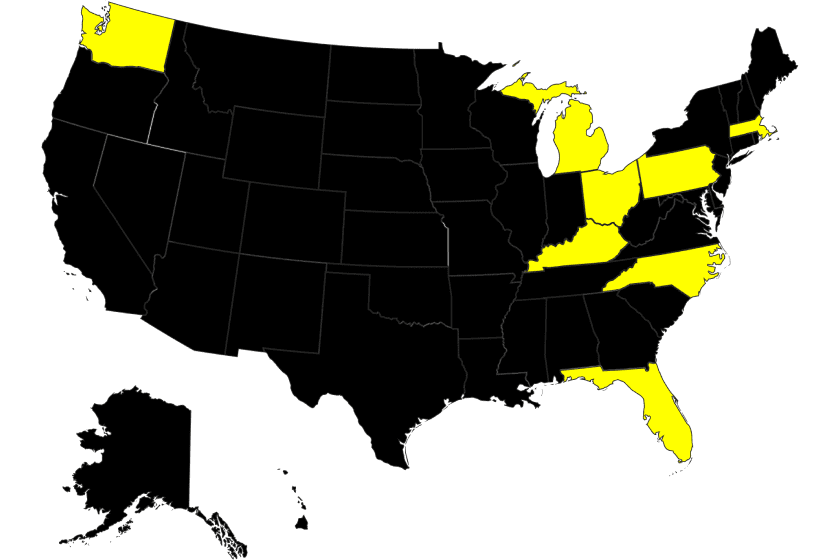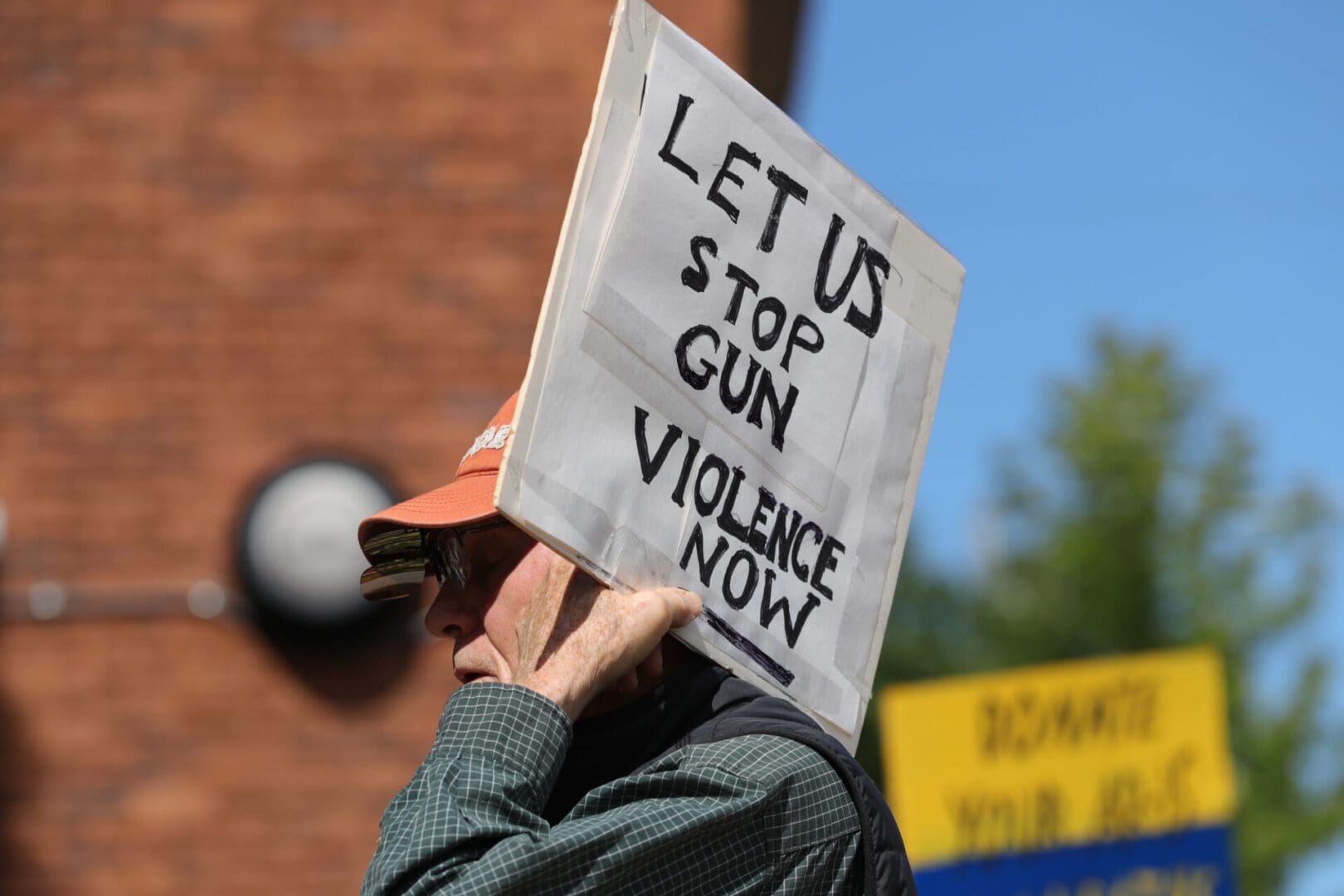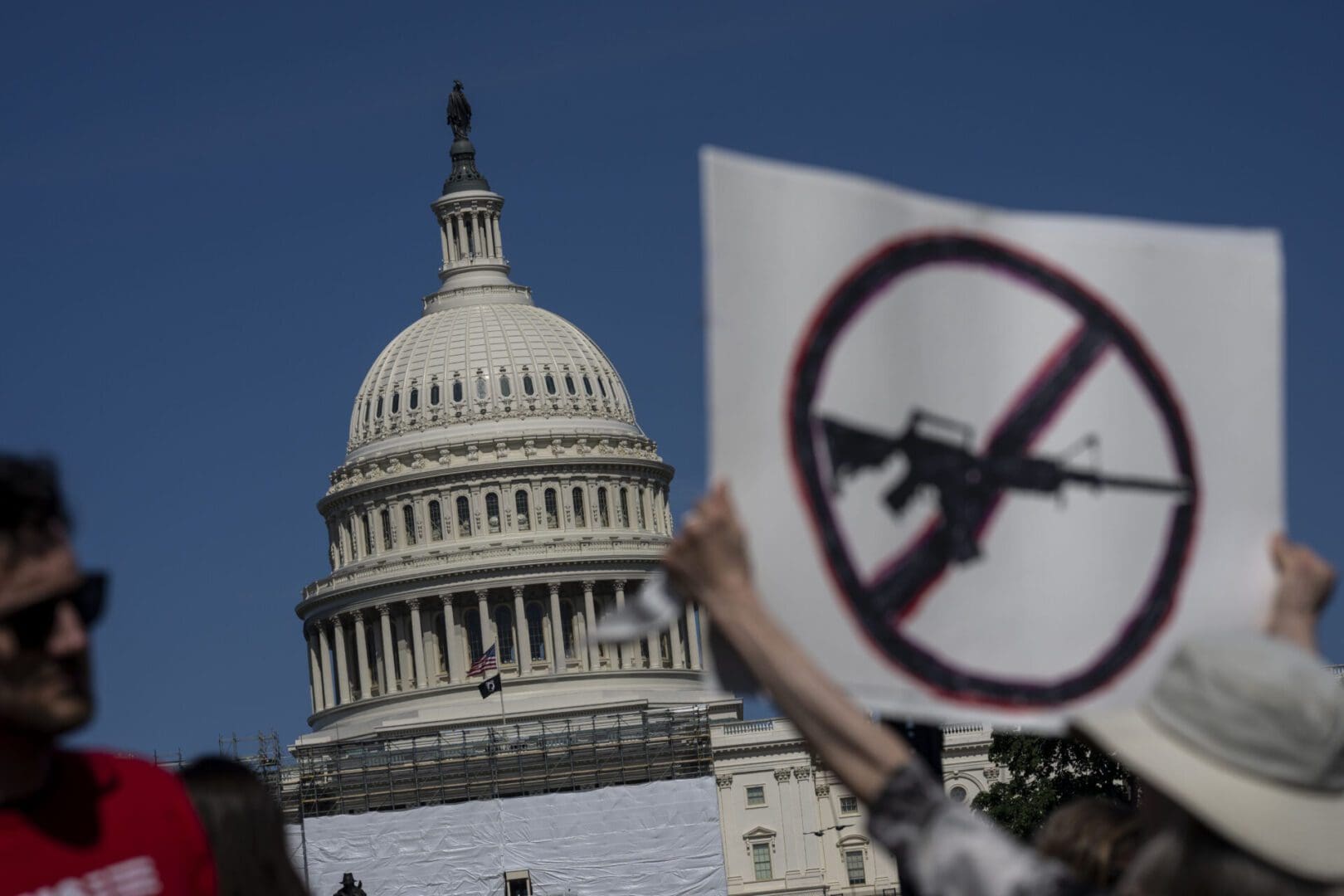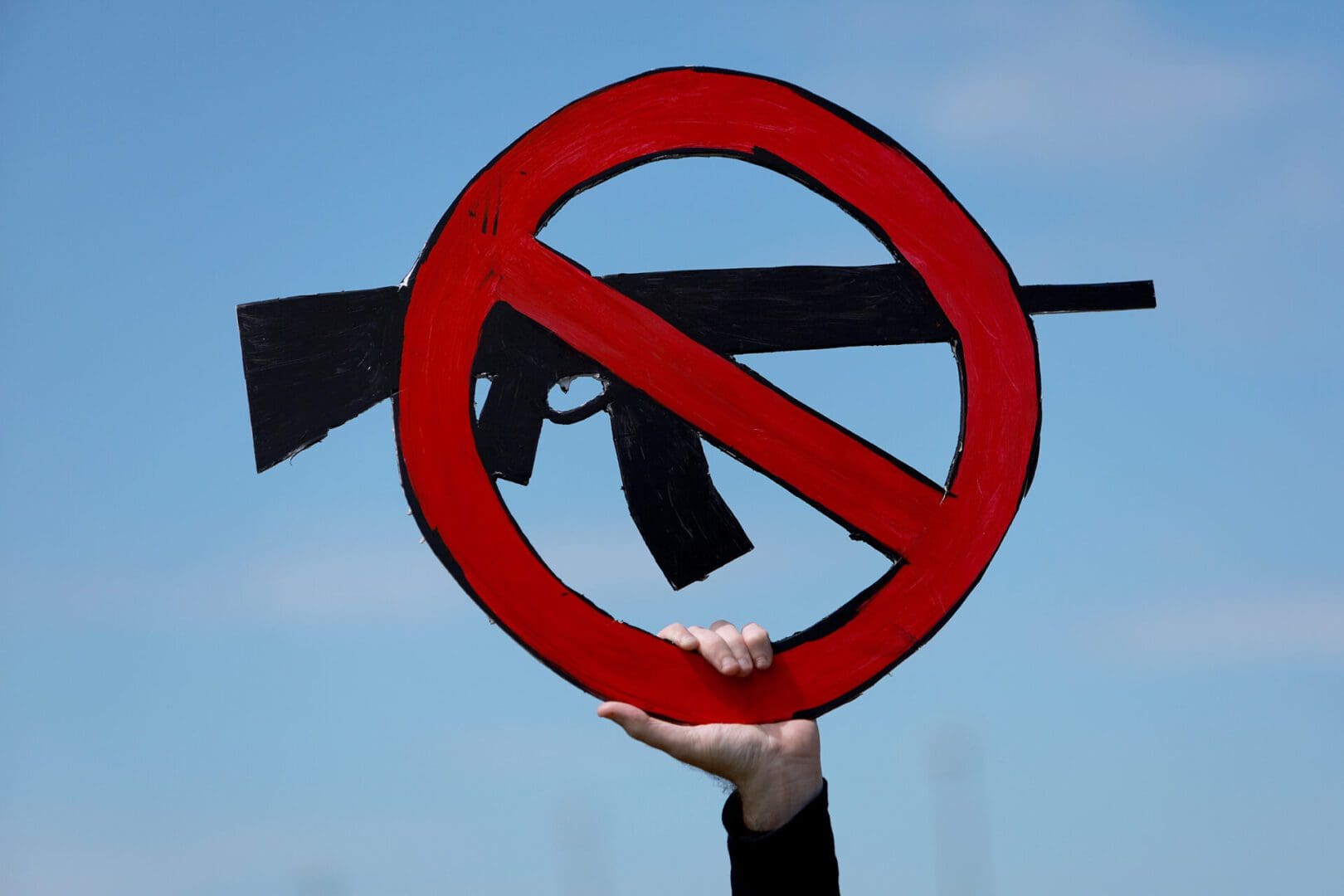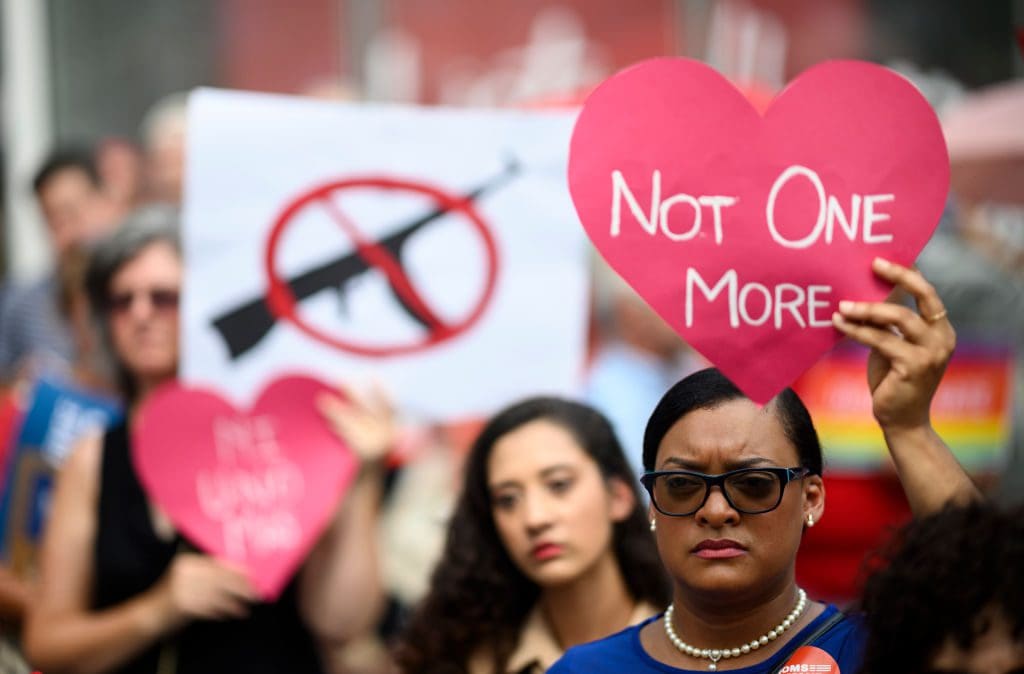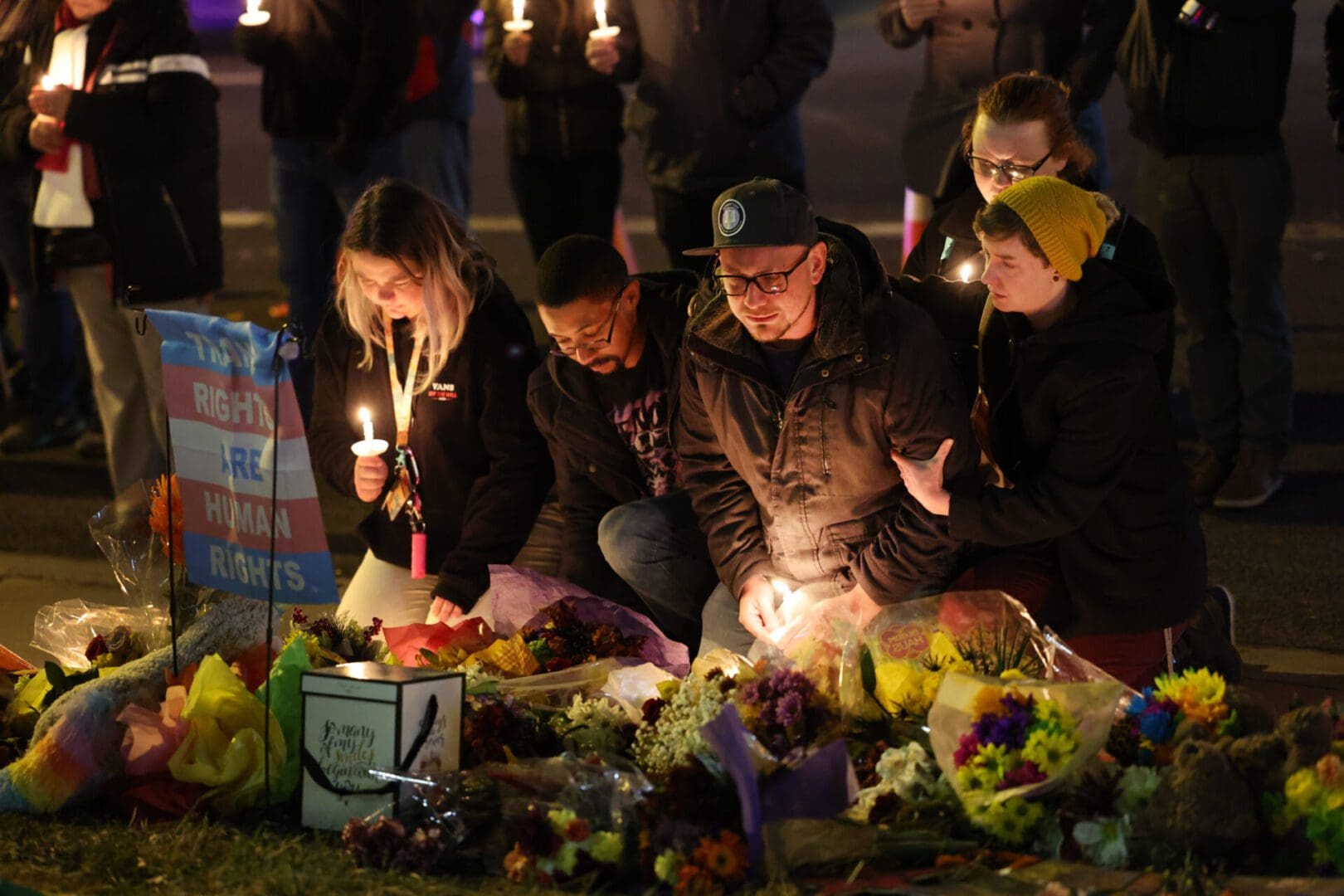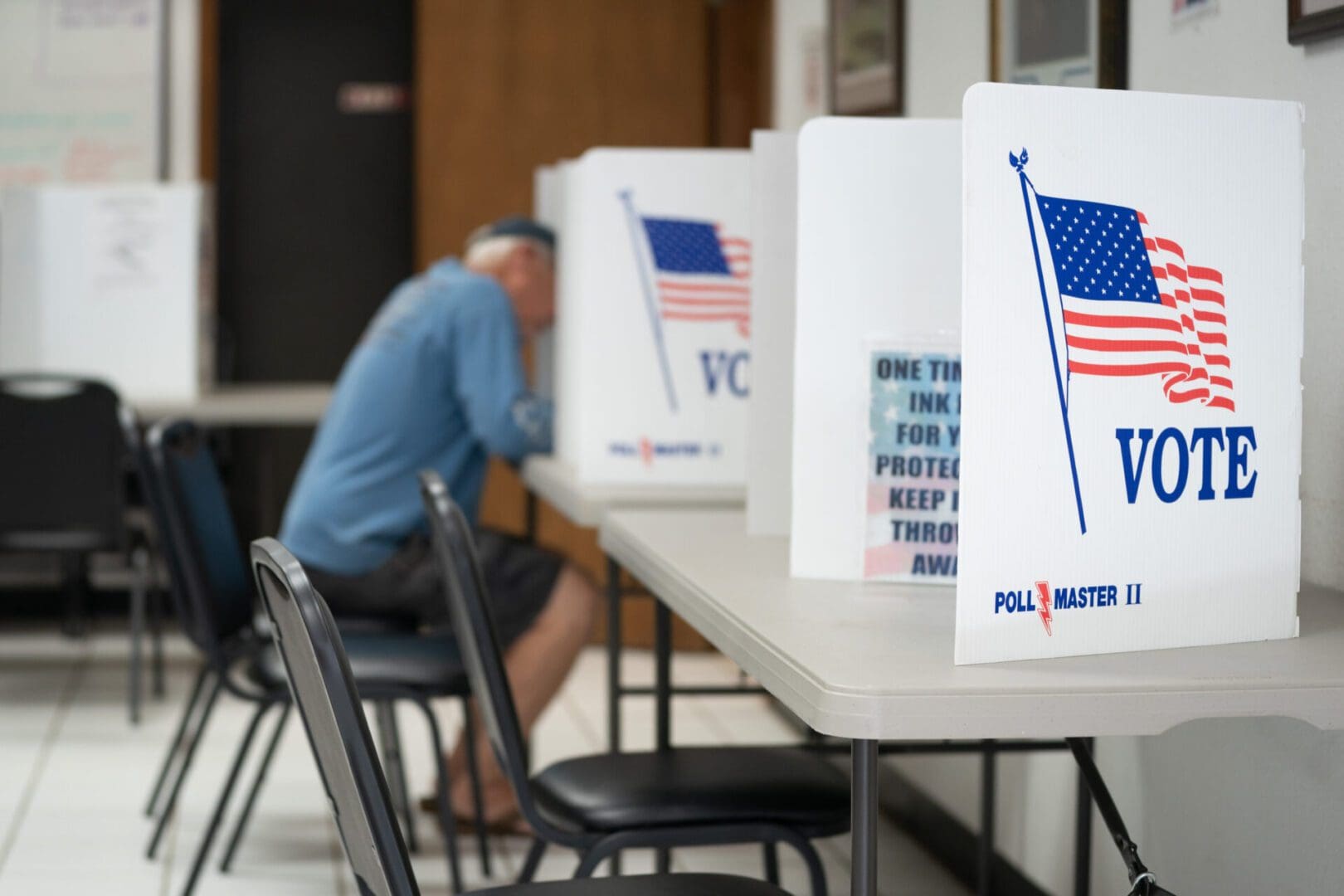The crisis of gun violence in the United States is getting worse. Too many kids and teens are losing their lives, and communities of color are bearing the brunt of gun violence.
In cities big and small across the country, we are working with activists and members to save lives and solve this national emergency. We all have the right to live free from gun violence.
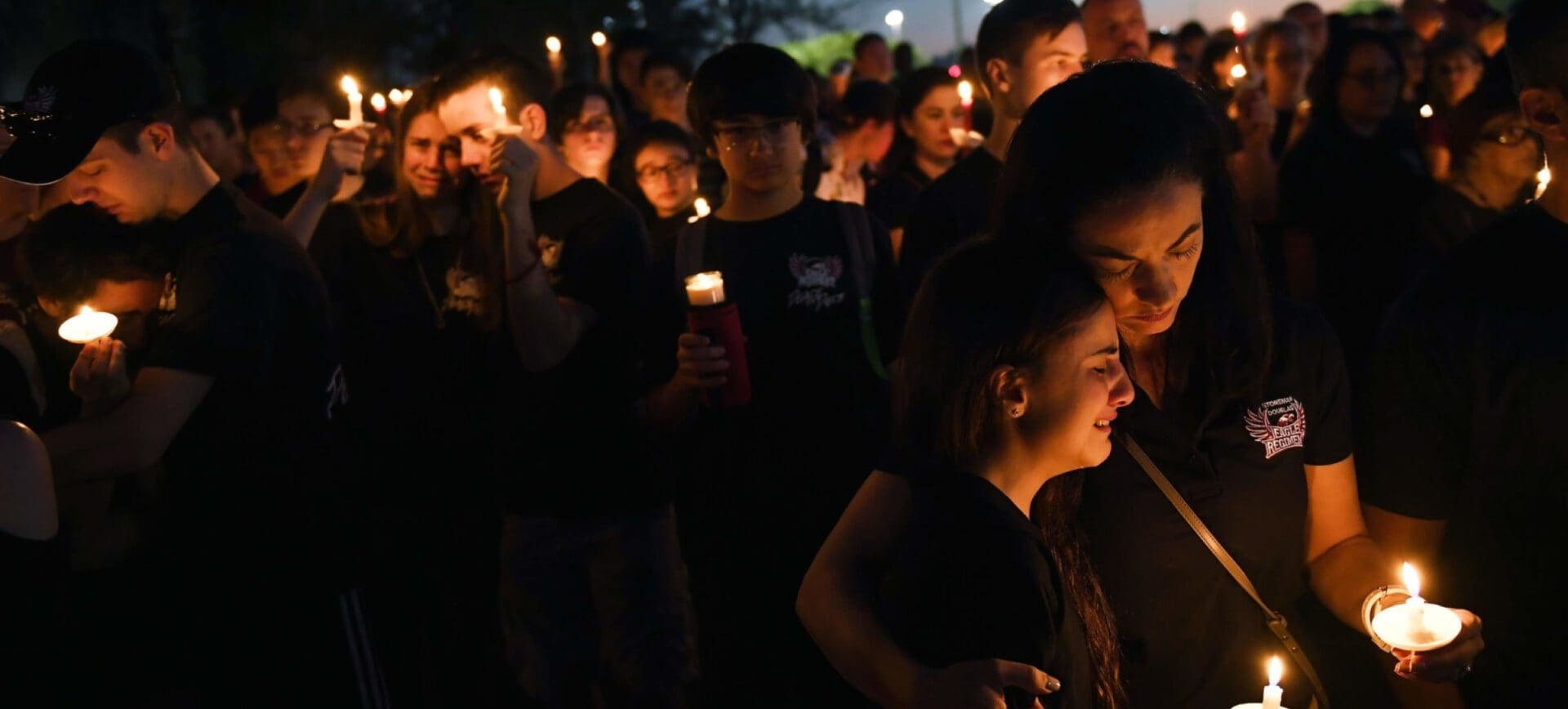
While most countries have licensing and regulation systems in place for firearms, the United States lacks these measures. There is no national registration, and thirty states allow handguns to be owned without a license or permit.
Federal law requires that everyone who purchases a firearm must undergo a background check. However, many states have weak laws and loopholes that allow for an estimated 4.5 million guns to be sold each year without a background check.
Who is impacted?
Gun homicides disproportionately impact communities of color, with Black people being ten times more likely to be the victims of gun homicides than white people. Gun homicides are the leading cause of death among Black men ages 15–34.
The causes of gun violence in communities of color are multi-faceted and there are deep-seated issues around poverty, discrimination, and other violations of economic, social and cultural rights. These issues are also amplified for undocumented families struggling with food insecurity, little or no access to health care, fear of Immigration and Customs Enforcement raids, and limited or no employment benefits that allow for leave.
Nearly 40,000 people lose their lives due to gun violence every year, and an additional estimated 133,000 people are shot and survive, requiring both immediate and long-term medical care.
What is the solution?
The solution to reducing gun violence requires comprehensive strategies that address multiple factors, including access to firearms, mental health services, interventions in schools and neighborhoods, and adequate enforcement of existing laws.
Violence prevention and intervention programs are key in the battle against gun violence. They combine street outreach, powerful community call-ins, and hospital intervention providing survivors and families with counseling, support, and mediation.
Study after study has proven the lifesaving value of these community-based programs: in some cities where leaders have had long-term backing for their work, gun homicides dropped by almost half. But now with gun violence surging nationwide, prevention programs are losing funds, and too many violence interrupters are doing their lifesaving work without a living wage.
We need national laws that would eliminate the current inadequate and arbitrary patchwork of state laws that leave people in some states more vulnerable to gun violence than others. We have outlined a set of recommendations, including:
- Comprehensive background checks
- National regulations for licensing and registering firearms, and required training for gun ownership
- Ban on semi-automatic assault rifles and other military-grade weapons
- Investment in evidence-based community violence reduction and prevention programs
- Mandatory safe-storage laws
End Gun Violence in your State
In addition to these national efforts, we have launched a state map where you can get involved in any campaigns to pass gun control bills in your state.
